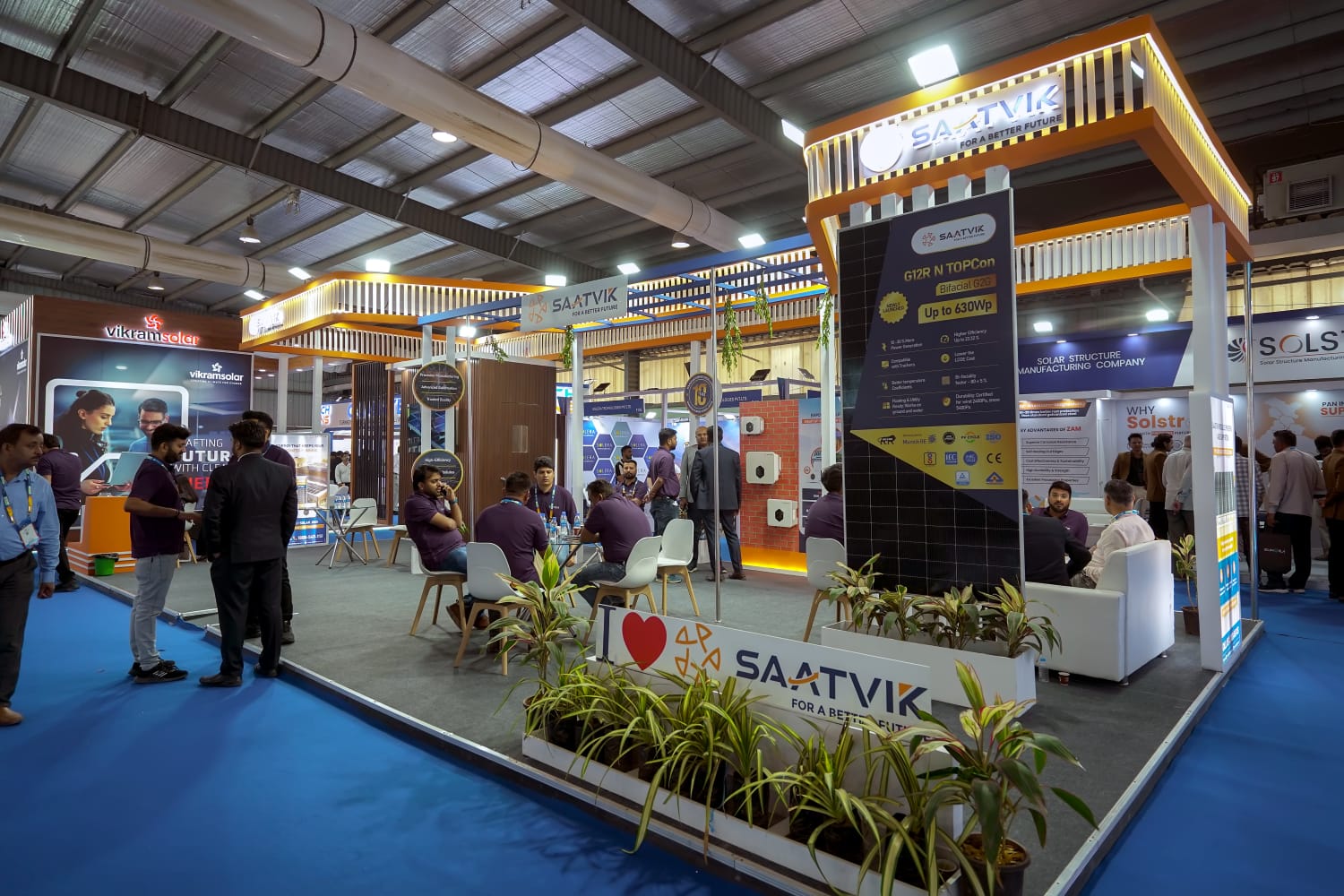India has become an important player in the global solar photovoltaic market, benefiting from its abundant sunlight and strong focus on renewable energy. The country’s solar exports are linked to two key product categories: unassembled photovoltaic cells and fully assembled solar panels. These exports have seen significant growth in recent years, with the United States emerging as the largest buyer of Indian solar modules in 2024. However, despite advancements in solar module manufacturing, India still faces challenges in producing solar cells at a competitive level.
To boost domestic production and reduce dependence on imports, the Indian government introduced the Approved List of Models and Manufacturers policy on April 1, 2024. This policy ensures that only locally made solar panels can be used in government projects. By June 2026, it is expected to expand to include solar cells as well. This move has encouraged local manufacturers to scale up production. In November 2024, India’s solar module exports reached ₹ 59,184.47 lakh, while total solar PV exports for the first ten months of the year crossed ₹ 12,30,488.77 lakh. Out of this, solar modules accounted for ₹ 12,01,914.32 lakh, while solar cells made up ₹ 28,574.45 lakh.
The global solar market is undergoing major changes, creating both challenges and opportunities for Indian manufacturers. Several countries have imposed duties on Chinese solar modules, leading to a shift in global trade patterns. This has created openings for Indian exporters, especially as demand for solar panels continues to rise worldwide. However, China remains a dominant force in solar manufacturing due to its ability to produce solar cells and modules at lower costs.

Recent developments in China could also impact the global solar market. The Chinese government has announced a reduction in solar subsidies, which could lead to lower domestic production. This presents an opportunity for Indian manufacturers to increase exports, particularly to the U.S. and Europe. The United States has introduced policies to limit imports of Chinese solar products and encourage domestic manufacturing, making it a promising market for Indian solar companies. At the same time, European nations are expanding their renewable energy initiatives, further increasing demand for solar panels.
In the latest Indian budget, the government has taken additional steps to support the domestic solar industry. The import duty on both solar modules and cells has been reduced to 20%. This adjustment is expected to make it easier for Indian manufacturers to access necessary components while still protecting domestic production. By lowering costs, this measure will help solar companies remain competitive and expand their reach in international markets.
Despite competition from China, India’s growing manufacturing capabilities and government policies are positioning it for further expansion in the global solar industry. With continued investment in solar technology and a strong export strategy, India can strengthen its role in the renewable energy sector while contributing to economic growth and sustainability on a global scale.













